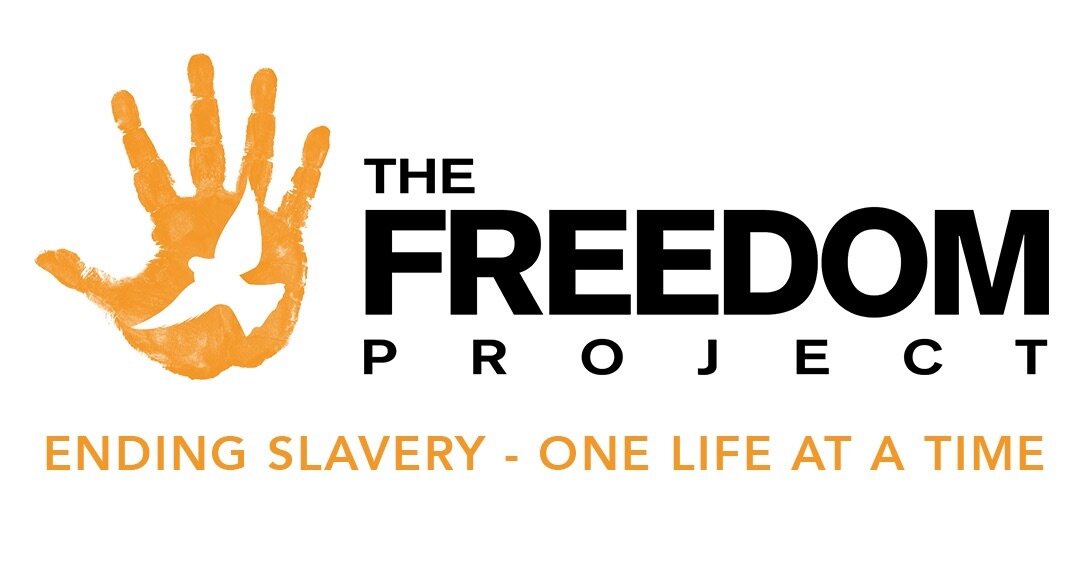The Beggar's Tale
Often when we think of begging, it would be natural to assume those begging are poor, desperate, likely disabled or unable to get a job, and their only option is to beg on the streets - at the mercy of the kindness of strangers. What is less assumed, is that many street beggars are actually stuck in a slave-like situation of forced labour. That poorly woman you see crouched over, or the children with gaunt faces running alongside your car, may not be there by choice. And the money you so generously hand over may not be going to help feed them tonight, but rather lining the pockets of an already relatively well-off person who is exploiting these people for his or her own benefit.
Particularly in Indian cities, it is common for both adult and children to be forced to beg on the street. Is it estimated over 300,000 children alone are forced to beg across India.
Slave-owners pressure those in their power to reach unreasonable daily quotas of income, and if they do manage to meet the quota, it will be simply be raised to a new, even more unreasonable expectation. If they do not reach the quota, it is likely they are beaten, verbally abused and maybe even worse. Their living conditions would be sub-standard, they do not even have to be clean or healthy looking as they beg, so there is not incentive for their owners to look after them decently.
The Global Slavery Index confirms through survey data that many beggars are forced by traffickers and criminals. Some of the survey respondents shared their experiences:
"Though I am begging I am not paid a single amount. I have to deposit all to them. I am deprived of food and good sleep. I am not paid my wages only working as a bonded labor." (Survey respondent, 2016)
"I was forced to do begging and still begging with the others...I cant say anything to you because I am in constant fear. I am threatened by my employer not to open my mouth to anybody otherwise I will be punished severely." (Survey respondent, 2016)
Forced begging is an issue that The Freedom Project has been aware of and researching in India since we began our programs several years ago. It is a widespread issue and is hard to ignore, although extremely difficult to identify and mitigate.
Earlier this year, our team in India was approached to help with a case of 2 young missing girls. It turned out in the end to be a case of forced begging, but not in the way you might expect.
For some poor families, begging is a way life and the only source of income. So it is only natural that parents would encourage their children in the family 'business'. One day, Anika (13) a daughter and her friend Sara (14) left for their usual daily begging shift but did not return. The girls were missing for a few days and the concerned parents then alerted the police. However, the police refused to file a report and Anika's parents gave up relying on the police and tried to continue their search alone. Without much success, the parents then somehow came into contact with our team who proceeded to help with the search and helped to file a police report.
The following week, our team was notified that the two girls had been found at a railway station in the city. Our team rushed to assist the girls and transfer them back home. However, during interviews with the girls, it was discovered that the girls had not been abducted, but actually ran away. The girls decided that they didn't want to just do begging any more. It was a heartbreaking reality to discover.
Anika, crying, said, "I don’t want to go back, I want to study, please help me join school."
The team was now faced with an extremely messy and confronting situation with the future freedom and safety of the girls at stake.
The girls simply wanted to be free to go to school and make a better life for themselves, desperate to break free from the poverty and begging cycle that their family trapped them in. With the help of The Freedom Project, Anika is back at home through negotiation, Anika is enrolled in school, with the family promising to keep her regularly in school and not begging.
Unfortunately, without the support of her parents who struggle to see the value in educating their daughter, Sara is currently still at home and not in school. Our team will continue working with her and the family to try to get her off the streets and into the classroom.
Girls at a local school receiving community education on the risks of exploitation.
We hope that one day the girls might be able to be reunited to each other and spend their days laughing and learning together. But for now, our team's focus is to keep Anika in school and help her do well in her education and pursue a vocation of her own choosing, not one that parents and circumstances have forced upon them.
The issue of forced begging is evidently complex, secretive and intensely personal, yet we we are passionate about putting a stop to it. We will continue to work with families and communities that are vulnerable to begging.
The Freedom Project currently runs an informal preschool program where young children can learn and play in a safe environment while their parents are out at work. Without this, some children are at risk of abduction and forced begging. We also focus on community education, explaining to parents and children alike the dangers of begging and the benefits of prioritising education for children even when they are poor.
*Names have been changed. Photos illustrative only.
Did you know: every $100 you donate can help us provide freedom and restoration to a victim of exploitation?




